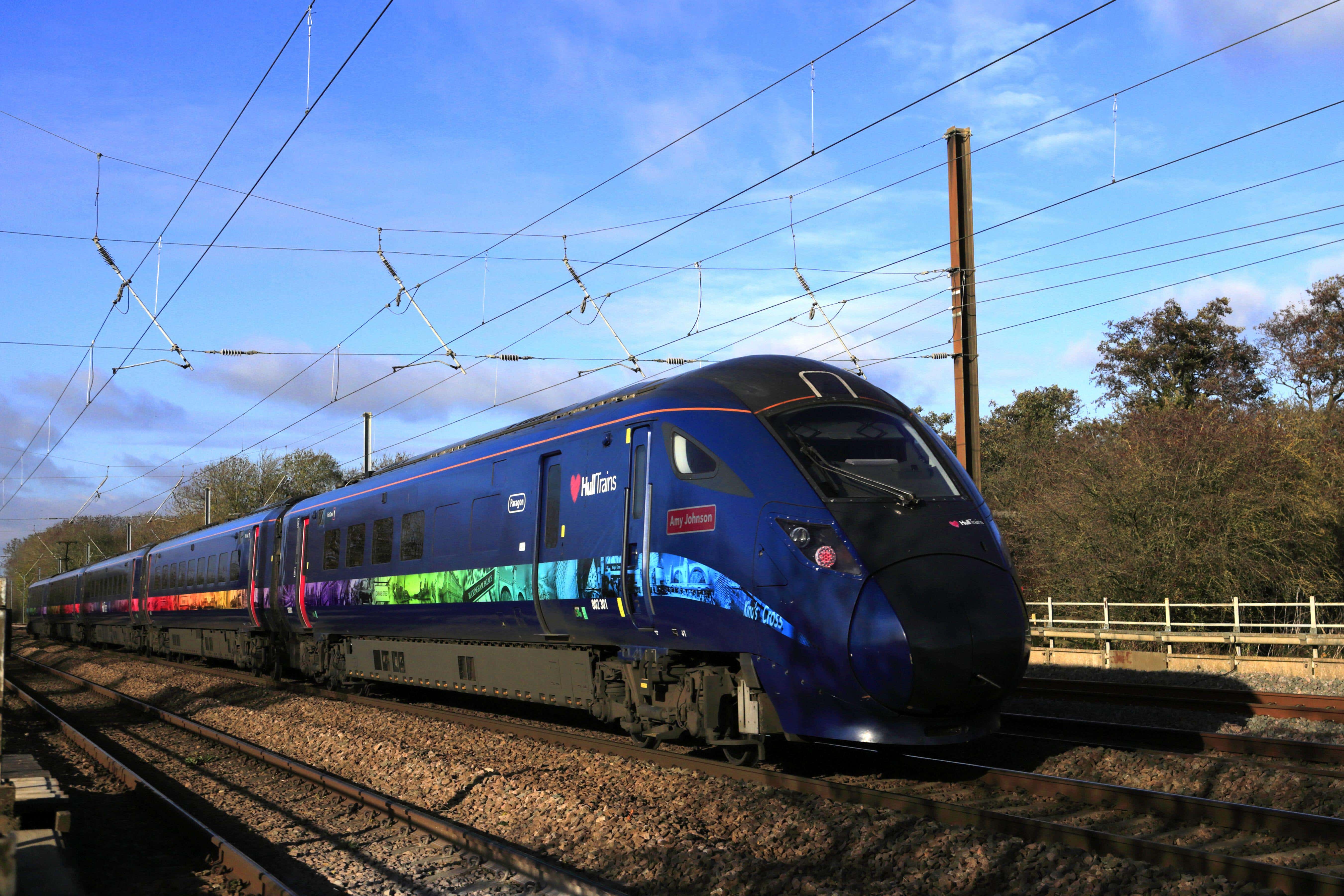What are open access train services?
Here the PA news agency answers 10 key question about open access operators.

Britain’s rail network could see the addition of seven new open access routes.
Here the PA news agency answers 10 key question about open access services.
– How are most train services in Britain run?
By operators either in public ownership – such as Southern, TransPennine Express and ScotRail – or paid management fees by the UK Government, for example Avanti West Coast, Greater Anglia and Great Western Railway.
– What about open access services?
They are run by private companies receiving no taxpayer-funded subsidies.
– What impact does that have on those operators?
They take on all revenue risk. If they fail to attract sufficient passengers, their owners will lose money.
– How do open access operators work differently than traditional operators?
They have much more control over decisions such as what rolling stock they use and what fares they charge.
– What open access operators currently run domestic passenger services in Britain?
Grand Central, Heathrow Express, Hull Trains and Lumo.
– Can anyone start an open access train service?
Prospective operators need to secure approval from regulator the Office of Rail and Road.
– What factors determine whether an application is given the go ahead?
Among the issues considered are whether services will attract new passengers rather than just take them from other operators, whether passengers will benefit, and whether existing services will be disrupted.
– What are the benefits of open access services?
Proponents say they lead to more competition, lower fares, and innovations such as being the first operators to introduce free Wi-Fi for all passengers.
– How low are open access fares?
A report by Rail Partners found new open access operators competing on the same routes as incumbents offer fare reductions of up to 60% in the long-term.
– Are there any concerns about open access services?
Some rail experts believe operators cherry pick the most profitable routes and do not put their fare share of investment into the industry.
Bookmark popover
Removed from bookmarks